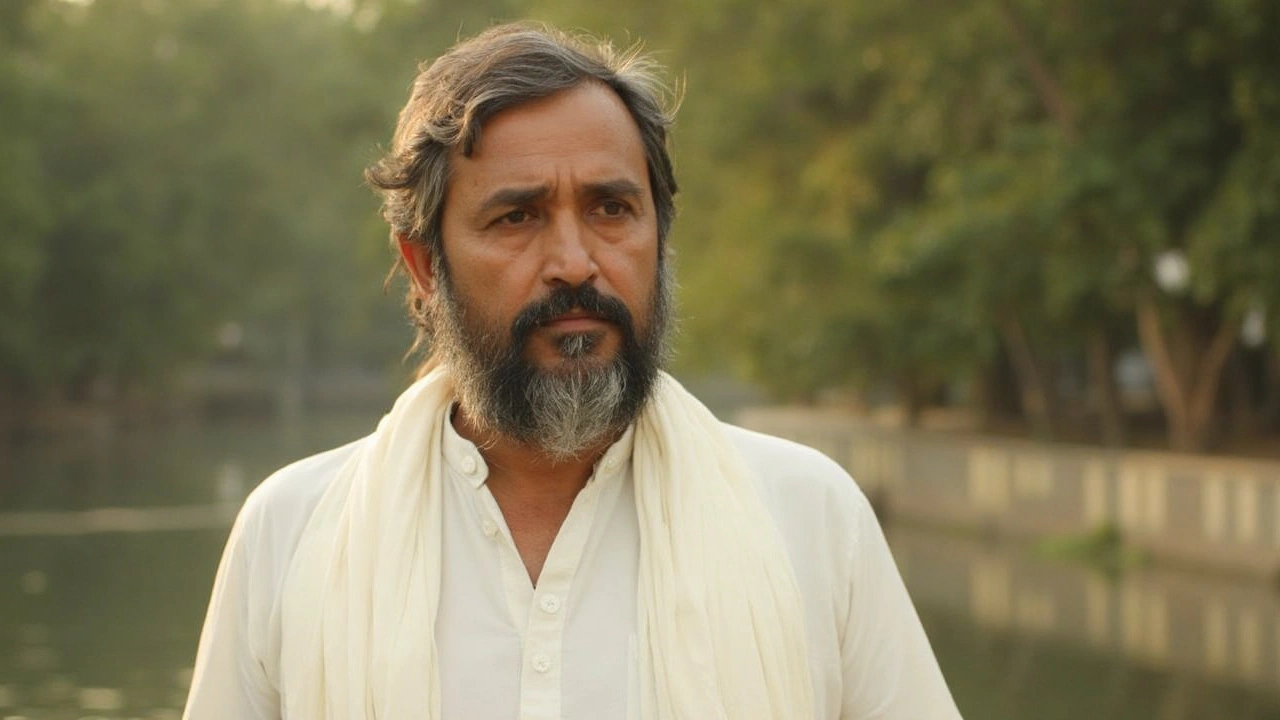Social Awareness: Your Quick Guide to Staying Informed and Acting Locally
Ever wonder why some news feels more important than others? Social awareness is all about noticing what’s happening around you—whether it’s a rainstorm in Delhi, a new eco‑friendly Ganesh idol workshop, or a court ruling that affects protest rights. When you keep your finger on the pulse, you can make smarter choices for yourself and your community.
Why Social Awareness Matters Today
India’s fast‑moving cities bring both opportunities and challenges. A sudden downpour can flood streets, a court decision can limit peaceful protests, and a festival can either harm or help the environment. Understanding these events helps you avoid hassles—like missing a flight because of weather—and lets you support good causes, like using clay idols that don’t pollute water bodies.
Take the recent Delhi rains, for example. The Indian Meteorological Department (IMD) issued a fresh yellow alert, warning of heavy showers for two more days. Knowing this ahead of time lets commuters plan alternate routes, schools decide on closures, and families stock up on essentials. It’s a simple step that saves stress.
Real‑World Stories Shaping Social Awareness
One inspiring story comes from Ghaziabad, where over 50 kids crafted eco‑friendly Ganesha idols using clay and natural colors. The workshop, run by local artisans, showed that even small community actions can cut down river pollution during Ganesh Chaturthi. It’s a reminder that cultural celebrations can be green too.
On the civic side, the Bombay High Court recently told activist Manoj Jarange Patil he can’t protest without permission, especially during the Ganpati festival. While the ruling aims to keep public order, it also sparks a debate about the balance between safety and the right to voice concerns. Staying aware of such rulings helps citizens engage responsibly and advocate for fair policies.
Weather alerts aren’t just about rain. Heavy monsoon warnings across Uttarakhand and Haryana warned residents of potential landslides and power cuts. When the IMD sounds an orange or red alert, local authorities often set up shelters and clear drainage routes. By checking the latest forecasts, you can prepare your home, secure valuables, and even help neighbors who might need a hand.
Even tech glitches matter. An Airtel network outage across Delhi‑NCR left millions without voice calls for hours. While data kept flowing, the lack of reliable voice service disrupted businesses and emergencies. Knowing which providers have backup systems can guide you in choosing a more resilient telecom plan.
All these examples share a common thread: information is power. When you read a short update about a weather warning, a legal change, or a community event, you’re better equipped to react, support, or simply stay safe.
So, how can you boost your own social awareness? Start by following trusted local news sources daily, set weather alerts on your phone, and subscribe to community newsletters that highlight events like eco‑workshops. Don’t forget to share useful updates with friends and family—awareness spreads faster when we talk about it.
Remember, being socially aware isn’t about knowing everything all the time. It’s about staying curious, checking reliable sources, and acting when the moment calls for it. The more you engage, the stronger your community becomes.
Haryanvi Comedy 'Time Pass' Strikes a Chord with Social Awareness
The Haryanvi series 'Time Pass' cleverly intertwines humor with important social issues like water conservation, education, and environmental protection. Featuring relatable characters and local actors like Kola Nai, the series connects deeply with rural communities in Haryana, promoting change by making crucial topics engaging and understandable.
